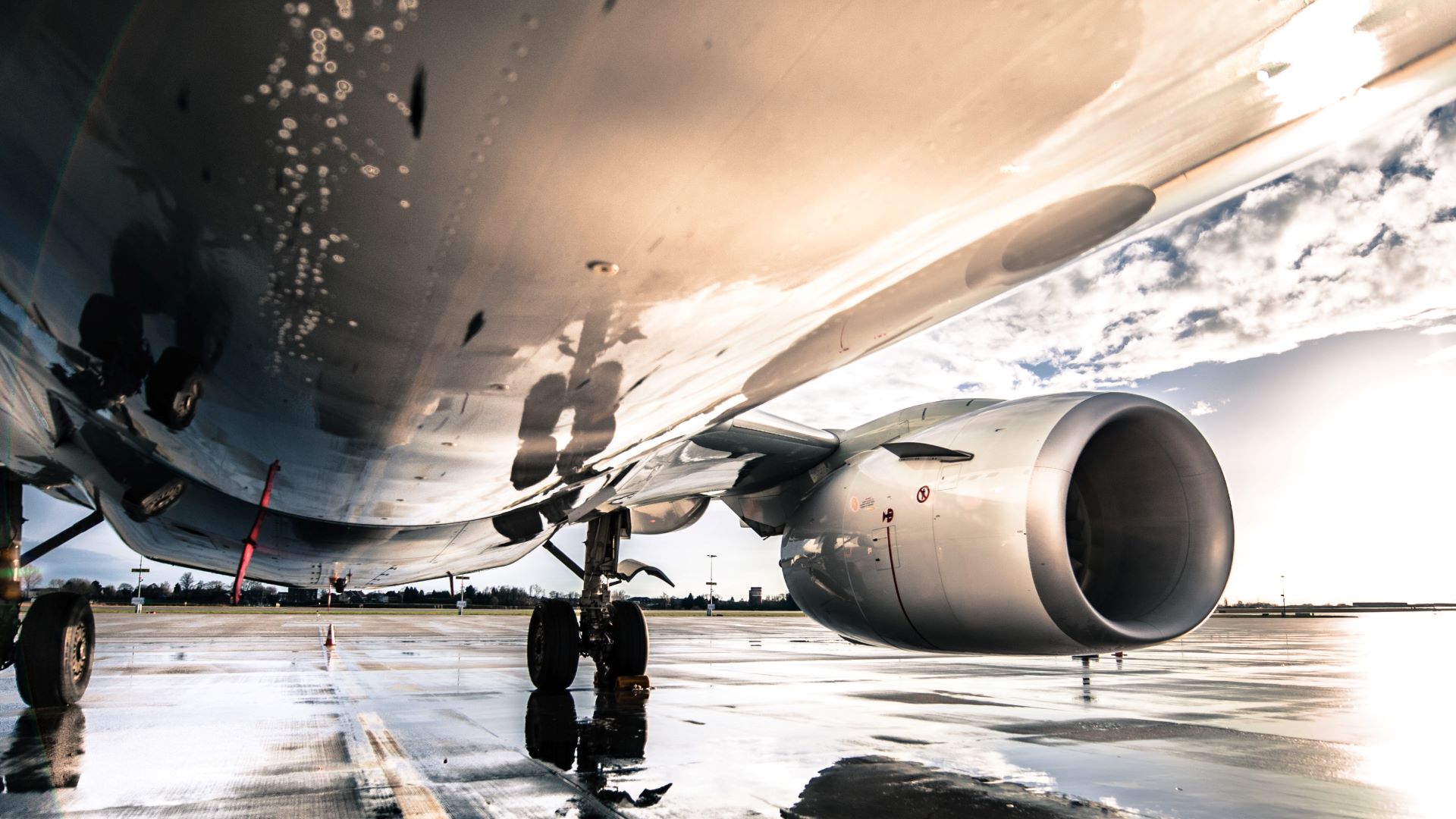Some Alberta employers may be surprised to learn that their workplaces can extend to an airport they do not control. The Alberta Workers’ Compensation Board (WCB) recently came to this conclusion in relation to a worker’s slip-and-fall injury on an airport’s icy steps. The worker’s injury was found to be work related and therefore compensable under Alberta workers’ compensation legislation.
Workers’ compensation and the location of compensable injuries
Under Alberta’s Workers’ Compensation Act, workers are entitled to claim compensation if they are injured in a workplace accident (i.e., an “accident” that “arises out of and occurs in the course of employment”).
The WCB policy provides that the time and place of an accident are not strictly limited to the normal hours of work or the employer’s premises. In other words, an injury that occurs outside normal working hours and off-site from the employer’s normal premises may, in some cases, be considered an “accident.”
A compensable accident not only entitles a worker to benefits, it may also increase an employer’s workers’ compensation premiums. Employers with poor accident records may face elevated premium rates. If locations outside the employer’s immediate premises are considered extensions of the workplace, employers may need to consider the risks faced by workers in those locations.
The accident in Decision No.: 2023-0294
This case involves a remote worksite where multiple employers and subcontractors provided services. That worksite included an airport where workers could fly in and out. The worker in issue had completed his rotation and was due to fly from the worksite to Edmonton, after which he would board another flight to his home city. The worker’s employer did not control the airport. However, it provided a bus service that dropped the worker near the airport, after which another bus service would take him into the airport.
The worker used the bus services, arrived at the airport, and was “off the clock” waiting for his flight. He left the airport building to smoke. When he did so, he slipped on some icy steps and sustained a back injury. He claimed workers’ compensation benefits. The claim for benefits was approved. The employer appealed on the basis that this was not a work-related accident.
The Appeals Commission for Alberta’s Workers’ Compensation Board dismissed the appeal.
Was the travel under the direction of the employer?
The Appeals Commission reviewed the following factors set out in the WCB policy to determine whether a worker’s travel is work related for WCB purposes:
- the worker has been assigned or has accepted an offer of employment,
- the distance from the worker’s home to the job is such that the worker must temporarily reside at the job location, and
- the employer has committed to pay for the travel time or expenses.
Where these factors are met, the trip to the worksite and the return journey are part of the employment contract and the worker is covered while traveling directly to and from a distant work site. In this case, the employee resided at the worksite while on rotation. The travel expenses to and from Edmonton and the worksite were paid by the employer. Accordingly, the travel was under the direction of the employer.
Was there an accident that arose out of and occurred in the course of the worker’s employment?
The Appeals Commission also reviewed the WCB policy for determining whether an accident “arose out of and occurred in the course of the worker’s employment” and concluded that:
- There must be a relationship between the expectations of the employment and the time and place where an accident occurs.
- Injuries occurring while entering or exiting premises for employment purposes can be covered “if a hazard of the premises contributed to the injury” and that generally, coverage can be extended if a worker is making reasonable and permitted use of an employer’s premises.
- An “employer’s premises” can extend to areas not owned by the employer if the worker is making permitted use of facilities for employment purposes.
The Appeals Commission held that the airport at the remote worksite was part of the “employer’s premises” despite the employer neither owning nor controlling the airport. The worker’s use of the airport was a “permitted use” and necessary to enter the employer’s worksite. The accident at the airport therefore occurred during employer-directed travel on the employer’s premises, as defined by WCB policy.
Did an injury result from an employment hazard?
The Appeals Commission rejected the employer’s argument that it was a personal choice of the employee to leave the “employer’s premises” to smoke. Rather, the Appeals Commission found that the airport was within the employer’s premises and as such, the “icy snow-covered steps” at the airport were an employment hazard that arose out of the worker’s employment and led to his injury.
The Appeals Commission concluded the worker had an acceptable claim for workers’ compensation.
Takeaway
For WCB purposes, work-related accidents may occur in areas that are not under an employer’s control. Such accidents can impact an employer’s WCB premiums. This creates significant risk during work-related travel in particular, as the employer may have little or no ability to influence the conditions in which an employee travels. To minimize risk of worker injury during travel, employers may need to review employee training or arrangements with third-party travel providers.
Joshua Sadovnick
The author wishes to thank Alessandro Molnar and Alexandra Weston, summer students, for their help in preparing this legal update.





